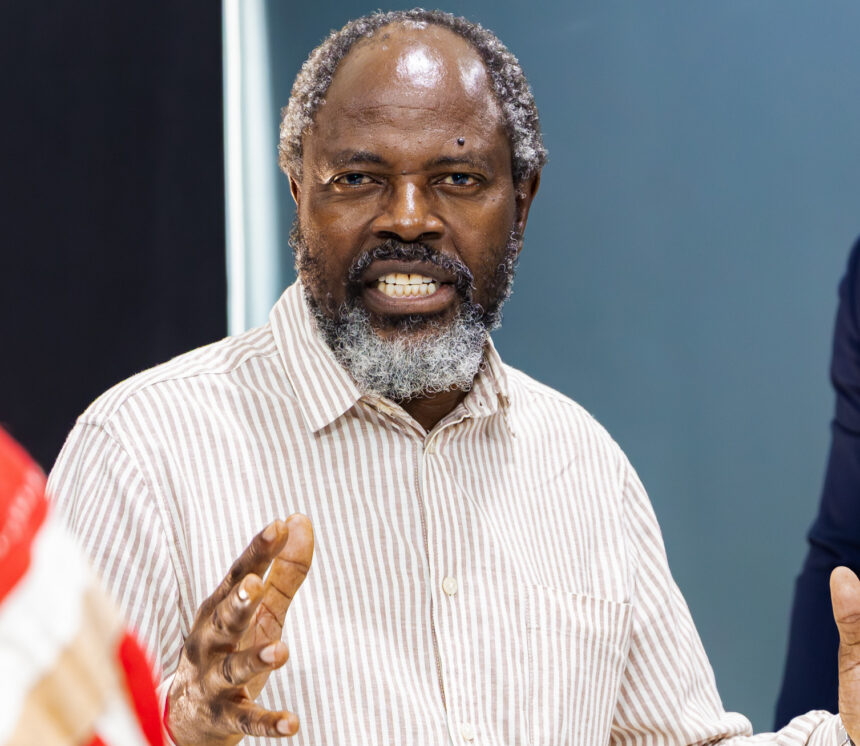Former Reuter’s staff member and Zimbabwean national, Cris Chinaka, recently highlighted the importance of training African journalists to tackle the issue of illicit financial flows (IFFs). In a groundbreaking initiative, Mr. Chinaka conducted a workshop in Ghana aimed at equipping Ghanaian journalists with the necessary skills to report on financial crimes and promote greater accountability across the continent.
During the workshop, organized under the auspices of the Media Foundation for West Africa (MFWA) and supported by the Thomson Reuters Foundation, Mr. Chinaka emphasized the significance of addressing illicit financial flows in Africa. He stressed the detrimental impact of billions of dollars lost annually due to these illicit activities, depriving the continent of crucial resources needed for development in various sectors such as education, healthcare, agriculture, and job creation.
With his extensive experience in investigative journalism, Mr. Chinaka shared valuable insights on how to identify and report on illicit financial flows, particularly in the Ghanaian context. He underscored the pivotal role of the media in holding powerful actors accountable and emphasized the need for journalists to have access to accurate financial data to uncover corruption and money laundering.
The workshop equipped journalists with essential skills to track illicit funds, understand legal frameworks related to financial crimes, and employ investigative techniques to reveal hidden financial flows. The ultimate goal was to enhance their capacity to report on complex issues related to illicit financial activities, contributing to broader efforts to combat corruption and increase financial transparency in the region.
Africa continues to grapple with the detrimental effects of illicit financial flows, as highlighted in the 2020 United Nations Conference on Trade and Development’s report estimating that $88.6 billion, equivalent to 3.7% of Africa’s GDP, leaves the continent through illicit capital flight annually. By empowering journalists with the knowledge and tools to combat these financial crimes, Mr. Chinaka, MFWA, and the Thomson Reuters Foundation are playing a crucial role in fostering a more informed and accountable media landscape in West Africa and beyond.
This initiative builds on similar training programs conducted in Kenya and Tanzania, with a total of 30 journalists trained across the three countries. The Media Foundation for West Africa remains dedicated to supporting journalists in their fight against corruption and promotion of good governance, with training workshops like these playing a pivotal role in advancing this cause.
Prior to the training, MFWA and the Thomson Reuters Foundation supported Ghana’s leading private media organization, The Multimedia Group, by providing equipment to aid in tackling illicit financial flows. This collaborative effort underscores the commitment of stakeholders to combat financial crimes and promote transparency in media reporting.
In conclusion, the training workshops spearheaded by Mr. Chinaka, MFWA, and the Thomson Reuters Foundation are instrumental in empowering journalists to address illicit financial flows, contributing to a more transparent and accountable media landscape in Africa. This collaborative effort signifies a step forward in the fight against corruption and the promotion of good governance in the region.








